
Observation:
The author of the letter to the Hebrews is pointing out something very unique about the sacrifice of Jesus Christ. The altar was within the walls of Jerusalem, and the place of burial was outside the city gates. To go outside the city was to leave the holy sites and become unclean. In Christ the unholy becomes holy. It is outside the camp that Christ suffered and died and in his death, he sanctified that which the Jewish leaders would have condemned as unclean.
For the Jews the message was clear, for to identify with Christ was to break with Judaism. This meant leaving the “safety” of the holy places within the city walls and venturing out with Jesus into the unclean world where they would face those who would persecute them and ridicule them for their beliefs. This, however, was not supposed to become a factor in the lives of these believers because the place of Jesus’ death opened up an avenue to a new city and way of life for them. Now, they appear to be living in the world, but they are not of this world. Walking in and among the unclean, the people of God would bring the holiness of Christ with them.
The challenge is for the lives of the believers to be a continual sacrifice of praise, lips that confess the name of Christ. The character of Christ is revealed in his followers who do good, share their possessions and the good news and discover that in God’s kingdom, this is pleasing.
Application:
The advent of the Messiah into the world brought about the advent of a new kingdom. You and I are invited to become citizens of this new kingdom which exists within and among the kingdoms of this world. We are not supposed to run off and separate ourselves from the world, but we are to learn how we live in God’s kingdom in the midst of the world’s kingdoms. This is the example that Christ has provided for us. The very place of his death, outside the city gate, provides a roadmap for our Christian lives within the kingdom of God.
First of all, Jesus provides for our sanctification. It is God’s desire that we be sanctified wholly, each and every one of us. Entire sanctification is not an optional arrangement for the super-spiritual. Jesus’ death sanctified all that the Jewish law considered unholy. He made it possible for each and every one of us, ordinary people of the world, to be made holy through his death, resurrection and the presence of the Holy Spirit. Jesus’ arrival was simply the advent of a whole new way of living for God’s people.
Once we begin to live within the kingdom of God, we shed the behaviors that we had in common with the world. We are no longer drawn to become as much like the world as we possibly can, but are continually pulled in the direction of Christ. I continue to be on an interesting journey with my mother who, at times, is able to share very coherently with me about her thoughts. On a morning where her mind was clear she wanted to hug me good-bye and she told me that the pull toward heaven was very strong. She apologized to me but had a big grin on her face saying, “I’m sorry because I’ll miss you, but I really want to go.” Now, while my mother may be nearing the end of her life, those who are new in their faith are just at the beginning of the spiritual journey. At the same time there ought to be this draw or pull toward the kingdom of God. It takes us from the unclean and moves us into a life that reflects the very character of God.
Participating in Advent means that we become active citizens in God’s kingdom, reflecting the very character of Christ. We move outside the safe comfort of the city walls (or the church walls), and we go into the unclean spaces of this world, carrying with us the very holiness of Christ. We are challenged to believe in the miraculous and powerful work of the Holy Spirit that can radically transform the unclean into the pure and holy. That’s why we must go and do good, sharing our possessions, but never forgetting to share the good news of Christ’s arrival. Why would we forget to tell people about the new kingdom which has the power to transform their lives? This is the best news of advent, and if we are engaged in doing good things, don’t forget to tell others about the way to transformation. It’s the best gift yet.
Prayer:
Lord, please help me to live every day in the pull of advent. Amen.
This post was written by Rev Carla Sunberg. You can find her original post here: reflectingtheimage.blogspot.com/2018/12/the-advent-of-character.html


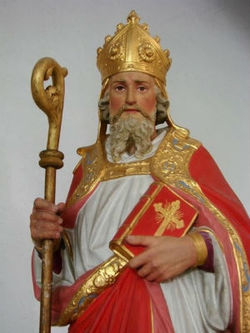
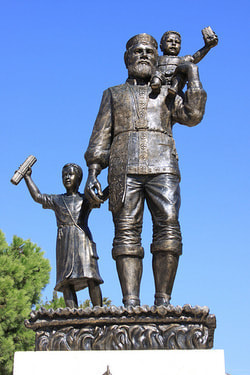
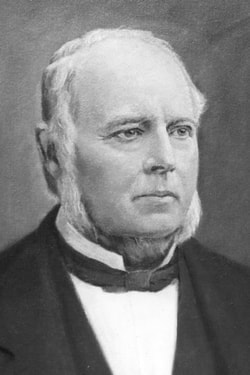
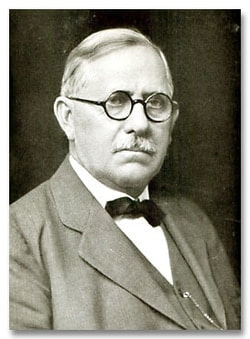

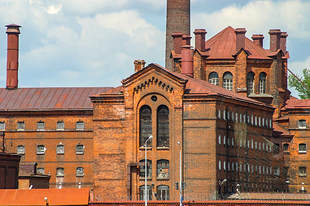

 RSS Feed
RSS Feed